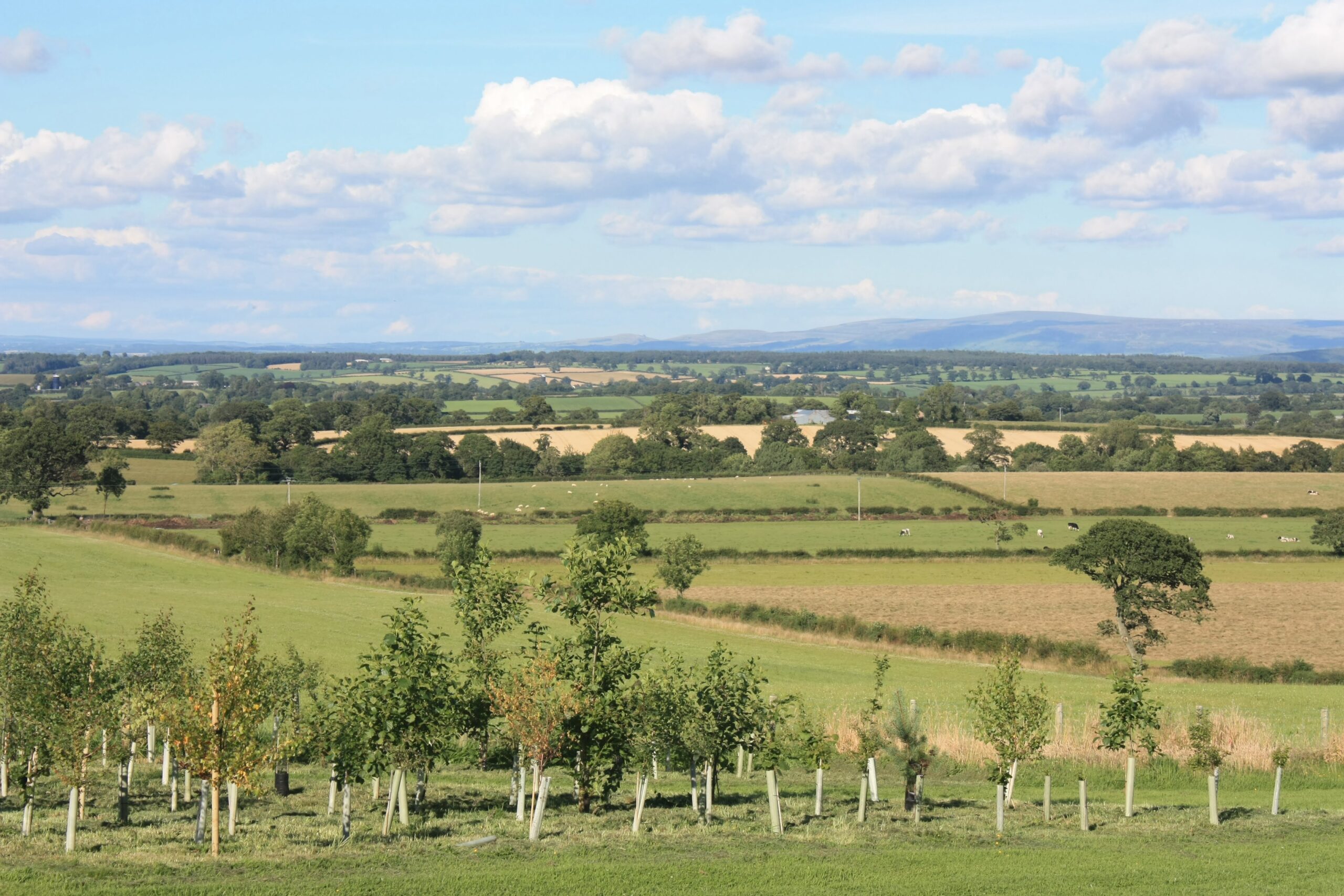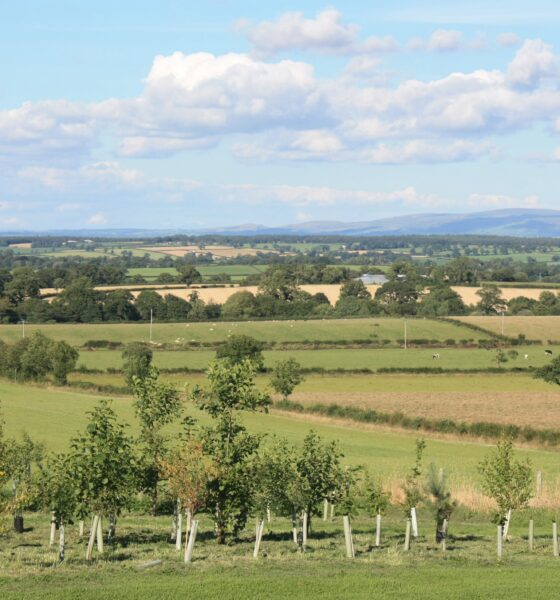

Features
Ethical and sustainable: what’s the difference?
George Latham, managing partner at WHEB Asset Management, looks back at a number of recent events in the ethical and sustainable investment sectors to determine the real story of enlightened investment.
What is happening to the world of ethical funds? Over the past eight years or so, ethical funds have been one of the few areas of growth in the world of equities investment, almost trebling funds under management. Yet, in the last 12 months, several of the largest incumbent managers have made radical cuts to the resources they devote to these businesses.
In October, Barchester Green Investment marked out Henderson, Ecclesiastical and F&C as its ‘spinners’ of the ethical investment world, and Jamie Hartzell, founder of the Ethical Property Company and Ethex, the Ethical Trading Exchange, set up a debate during National Ethical Investment Week proposing the motion ‘SRI is for dummies’. To cap it all, last weekend FairPensions, the campaign for responsible investment, published what was described by Investors Chronicle (with undisguised glee) as “a damning report that puts ethical funds under the spotlight.”
FairPensions’ principle conclusion that the ethical investment industry is “failing to represent the views of their customers” makes us unsure whether to be proud of achieving second place in the survey and being ranked among those that are maintaining a “robust, responsive, and engaged approach to their investing” – or whether we want to be seen to be part of the industry at all!
The problem for the traditional ethical approach of negative screening is that the starting point is to take the investment universe, screen out those sectors (tobacco, arms, pornography etc.) that conflict with the criteria and everything else that gets through the screen is passed for investment. This has two consequences. First, for the fund manager; they are trying to beat the universe with a constraint imposed, which is at best seen as an irrelevance and at worst as an encumbrance to performance. Second, the resulting portfolio’s largest holdings tend to be banks, telecoms, even oils and pharmaceuticals, and any large mainstream sector that happens not to conflict with the screens. So when the customer looks at their portfolio’s top holdings it can be quite hard to discern how it differs from a mainstream fund.
Our approach is fundamentally different to this. Instead of screening out, we screen in. Our starting point for defining our universe is to identify companies that are providing solutions to sustainability challenges. Our contention is that those companies that are helping to solve some of the great challenges that we face as a society and an economy over the coming decades will have end-markets that are growing faster than the average for the economy as a whole. In other words, we want to invest in our themes because we believe they will lead to financial outperformance and we think they will lead to outperformance because they are offering solutions to pressing sustainability challenges.
Therefore, and as a starting point for our investment and stock picking process, we see our universe as an attractive place to invest, one that should provide a following wind to the fund’s performance. Indeed in the years in which the team ran the ‘Industries of the Future’ strategy before joining WHEB, investing exclusively in the themes provided about 30% of the fund’s outperformance. The second outcome is that it is much clearer, both internally and for our clients, as to why each holding in the fund fits and has a role to play in a ‘sustainability fund’. That makes it easier for us to be transparent about our investment process, for example publishing a complete list of fund holdings together with an explanation of why each company fits the description of providing a solution to a sustainability challenge.
It is clear from a broad sweep of research that the issues of sustainability, responsibility, trust and transparency, as well as ethics, continue to be of increasing importance in the minds of investors – be they large institutions, high net-worth individuals or ordinary savers. A recent survey for the Kaiser Partner special report series on Responsibility in Wealth found that multi-millionaires consistently rate such issues more highly than their advisers do. The Financial Times this week reports that fund managers recognise that Environmental, Social and Governance issues are of increasing importance to clients, and EIRIS’s annual survey demonstrates consistent market growth in the broad areas of sustainable and responsible investment.
However, although the market appetite is clearly there, there is continuing disquiet over whether many of the available products are really serving customer’s needs, as evidenced by some of the surveys mentioned above. This is not new. Paul Hawken, writing in Natural Capital in 2004 described “how the SRI industry has failed to respond to people who want to invest with conscience.” The article caused quite a stir at the time, and was perhaps one of the influencing factors that led our team to design the ‘Industries of the Future’ investment strategy which now lives on a WHEB.
There is no doubt that the ethical funds industry has achieved a huge amount in the last 40 years. Such funds have created meaningful change in highlighting a huge range of issues to consumers, driving real change in corporate behaviour and disclosure and mobilising politicians and regulators to force change where self-regulation in the wider investment industry has failed. These achievements should be celebrated. However, over this period there has also been huge progress in understanding how to exploit environmental, social and governance dynamics within companies and markets to support fund performance and real innovation in how to package this in a way that meets the needs of investors. This should also be celebrated and encouraged, and represents the real story behind the recent headlines about the industry today.
George Latham is managing partner at WHEB Asset Management. This article originally appeared here.
Further reading:
Ethical funds ‘exposed’ or the lesser of 3,000 evils?
FairPensions publishes ethical investment responsibility ranking
Sustainability funds are ‘helping the world move onto a more sustainable footing’
What kind of investor are you?
Drop in ethical fund sales part of a ‘general decline’
Sustainable investment flourishes amongst European high net-worth individuals


 Environment12 months ago
Environment12 months agoAre Polymer Banknotes: an Eco-Friendly Trend or a Groundswell?

 Features11 months ago
Features11 months agoEco-Friendly Cryptocurrencies: Sustainable Investment Choices

 Features12 months ago
Features12 months agoEco-Friendly Crypto Traders Must Find the Right Exchange

 Energy11 months ago
Energy11 months agoThe Growing Role of Solar Panels in Ireland’s Energy Future





























